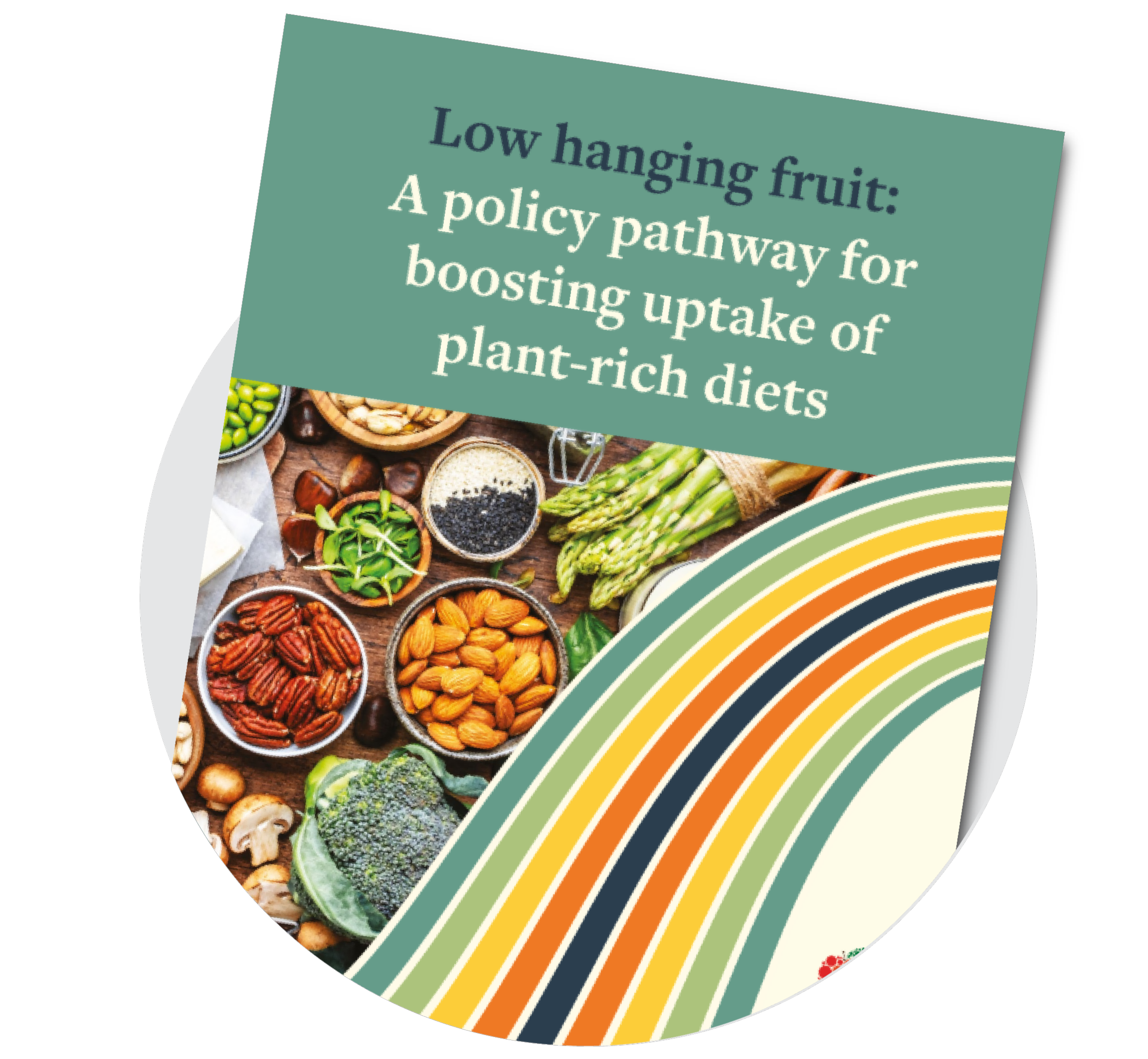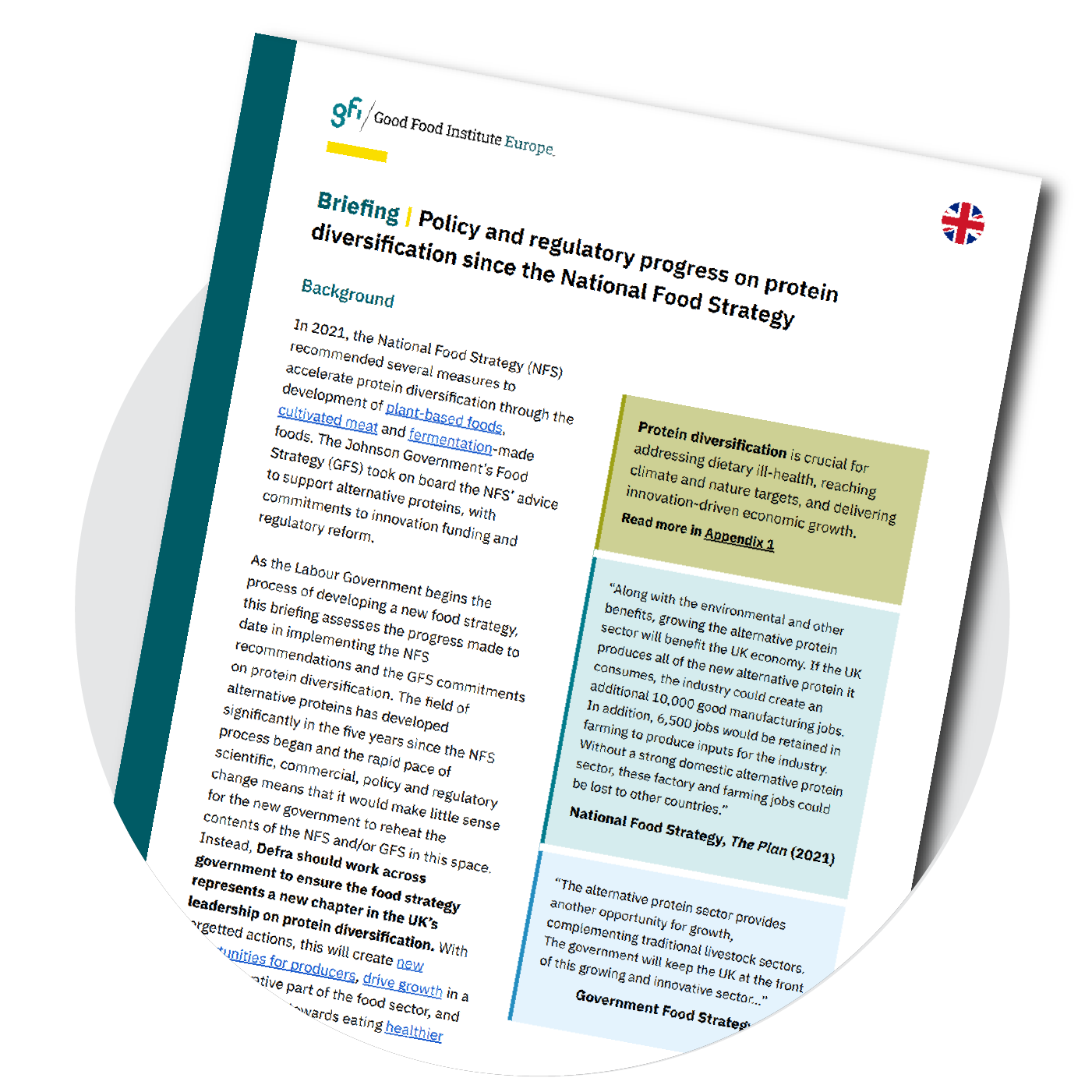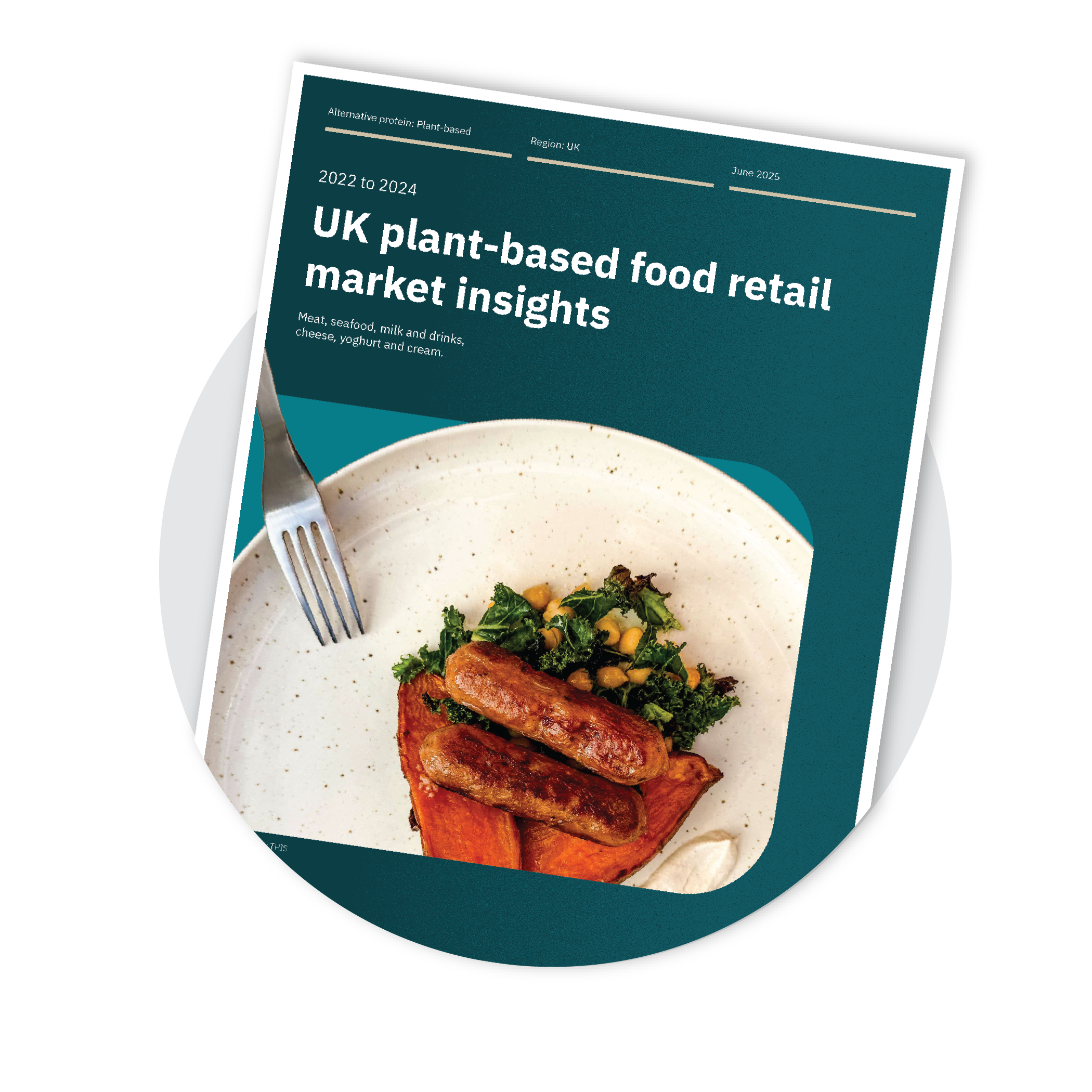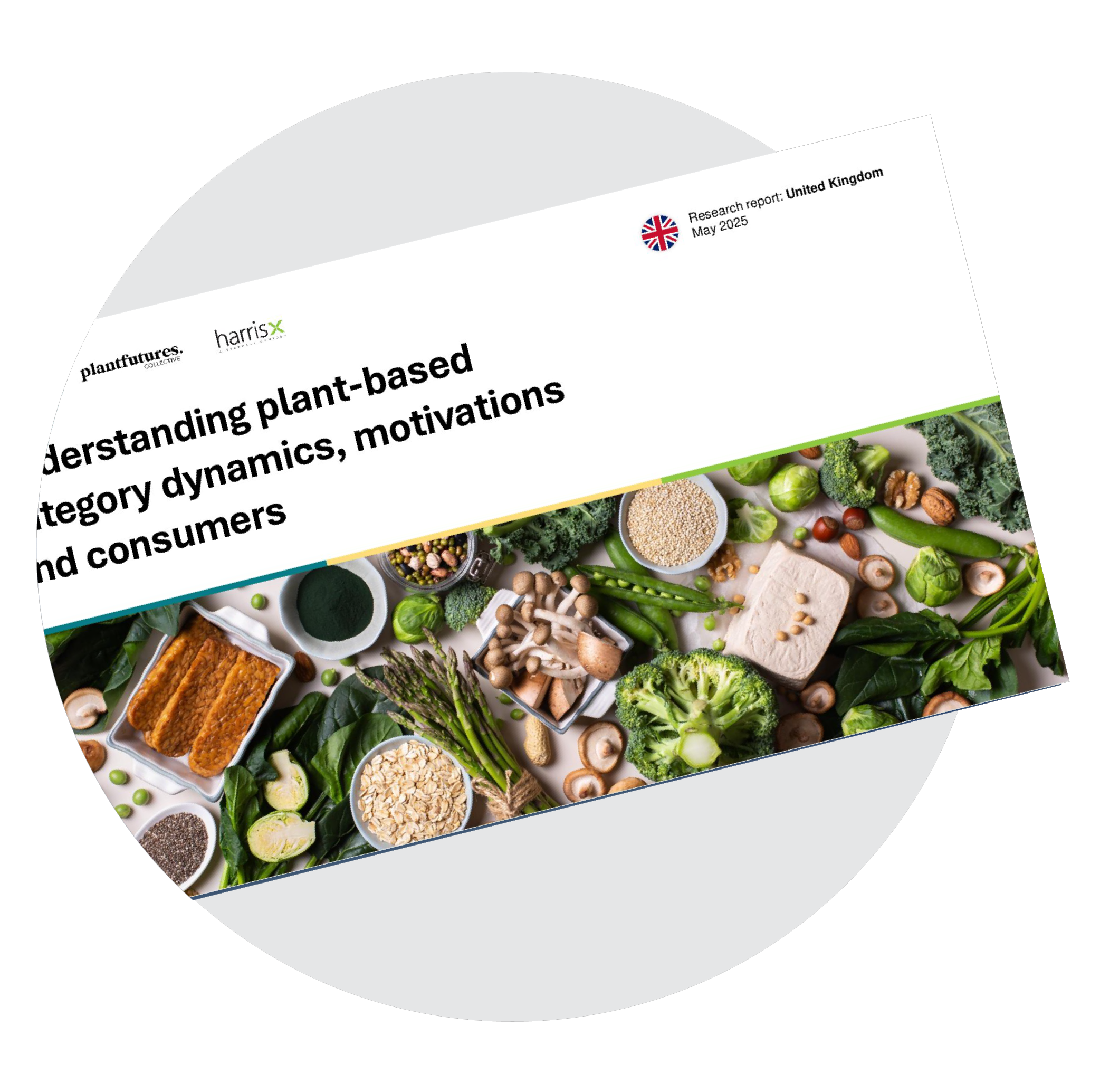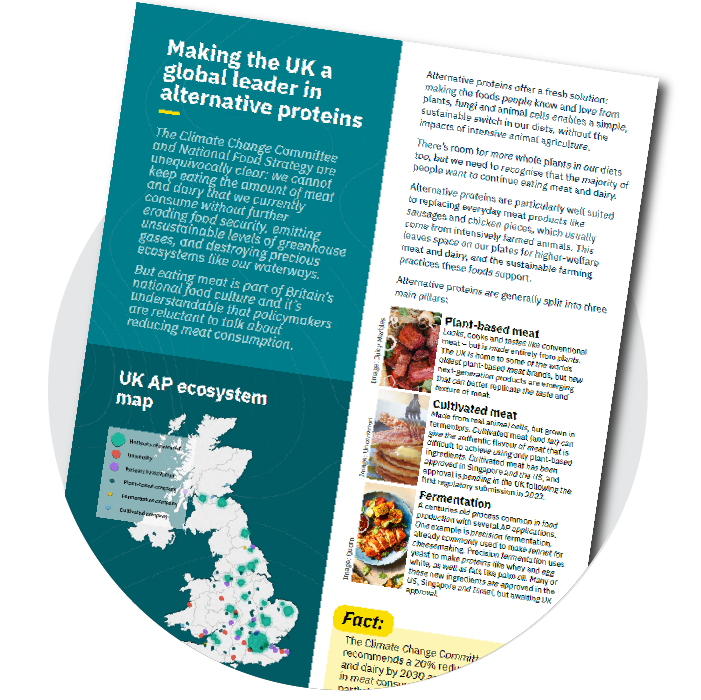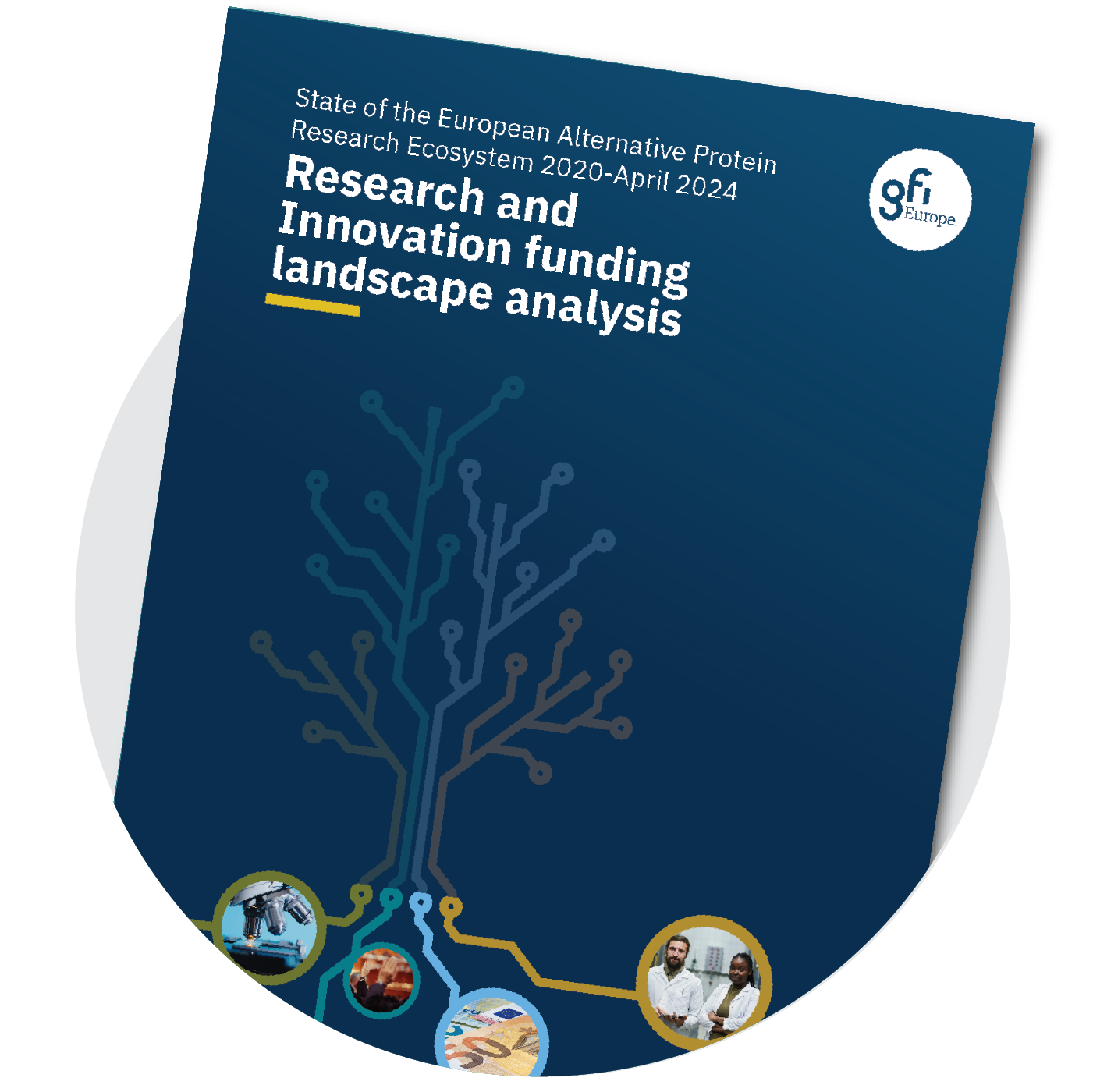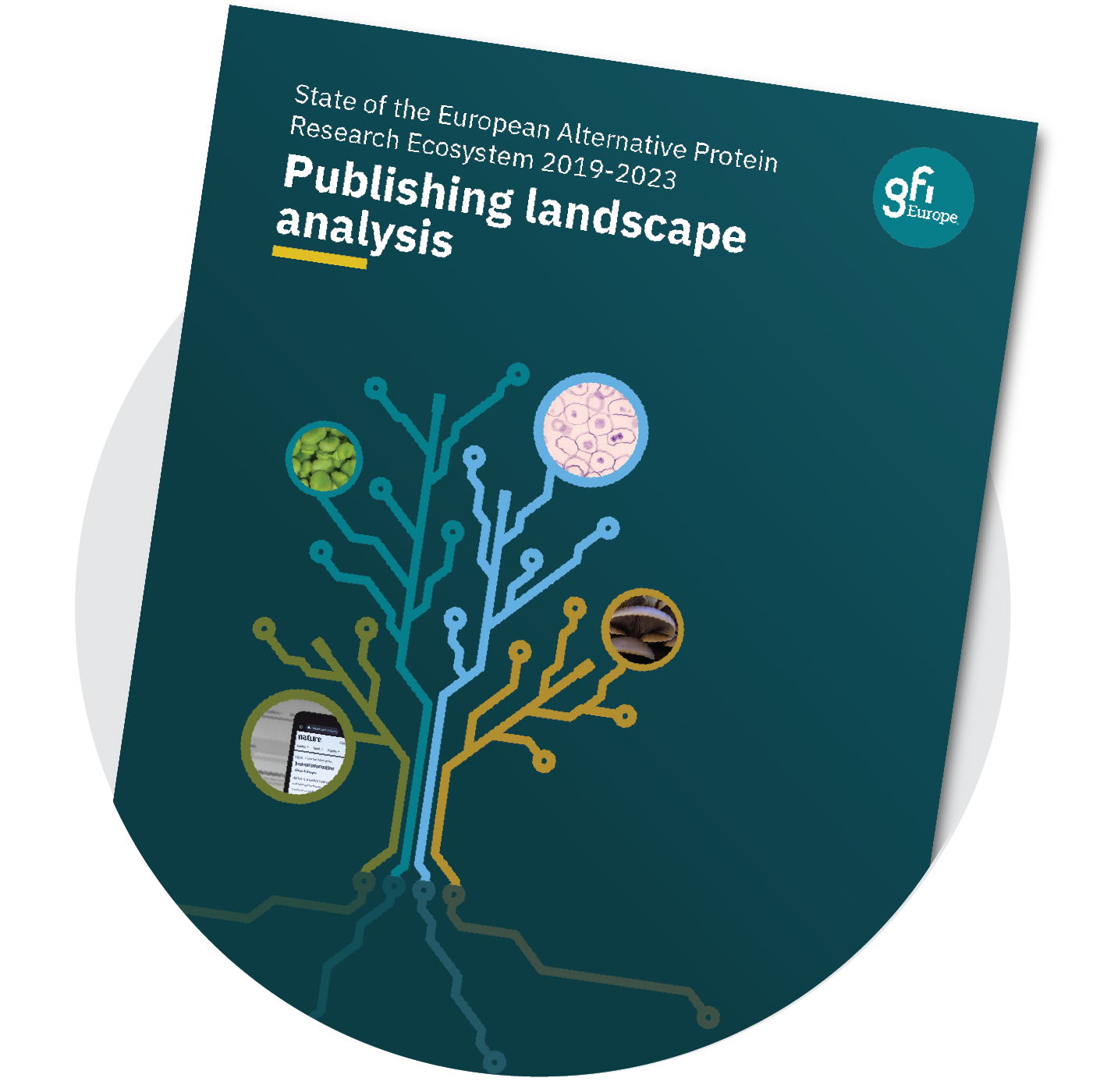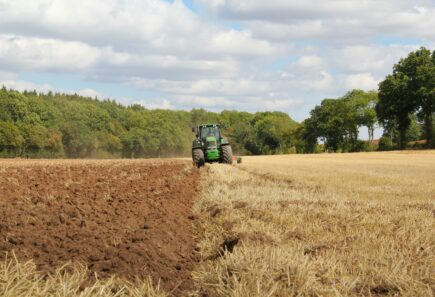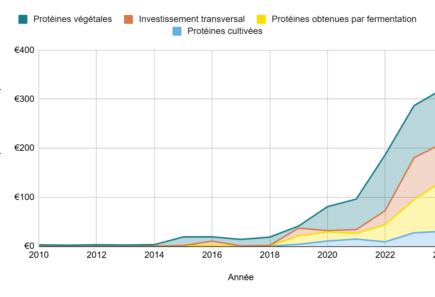Alternative proteins in the United Kingdom
With world-class scientific institutions, innovative food producers and a progressive policy and regulatory environment, the UK is emerging as a leader in protein diversification.

The UK’s alternative protein opportunity
The UK Government has expressed an ambition to develop and scale up alternative proteins, including as part of its new National Food Strategy. The remainder of the decade will be crucial for delivering on this aspiration and unlocking the economic, environmental and health benefits of protein diversification.
“Our strong research and development and advanced manufacturing base mean the UK is well placed to develop new products and markets, including for healthier products and in alternative proteins.”
Towards A Good Food Cycle, UK Government (2025)
Resources
GFI Europe works with researchers, entrepreneurs and policy stakeholders to create an enabling ecosystem for plant-based foods, cultivated meat and ingredients and fermentation to thrive in the UK.
Building a healthier and more resilient food system
A growing body of research indicates a significant public health opportunity from swapping some of the vast quantities of processed meat we eat in the UK with plant-based meat options, with compelling findings for cardiovascular health and weight management. Plant-based meat is higher in fibre and lower in saturated fat than processed meat, providing people with nutritious choices without sacrificing convenience and familiarity.
The UK is also becoming increasingly vulnerable to food system shocks. Since 2012, the UK has imported an average of 2.6 million tonnes of meat and dairy a year, equivalent to 30kg per person annually. Rather than depending on imports in an increasingly volatile world, diversifying the UK’s domestic protein supply offers a much more efficient way to produce food sustainably, helping to future-proof our food supply from external shocks. Foods like plant-based meat can help satisfy some demand for animal-based foods while creating space for more agroecological farming practices and nature restoration. Analysis shows that even a modest shift to alternative proteins by 2050 could release an area of land the size of Wales and Yorkshire combined (21% of the UK’s total farmed area). This extra space, coupled with carefully designed financial incentives, can support farmers to incorporate climate and nature goals into their business practices.
Driving economic growth through innovation

The UK has a proud history of leading the world in scientific fields like crop breeding, genomics and biomanufacturing. Drawing on that bedrock of expertise, UK scientists can lead the charge in addressing critical R&D challenges, unlocking tastier and more affordable alternative proteins.
Investing in these foods will create green jobs and economic opportunities throughout the country. Research has shown that alternative proteins could generate up to 25,000 jobs in food manufacturing, agriculture and other fields by 2035, adding £6.8 billion to the economy.
“The UK is home to a budding [cultivated meat] industry with innovation happening across the supply chain.”
National Vision for Engineering Biology, UK Government (2023)
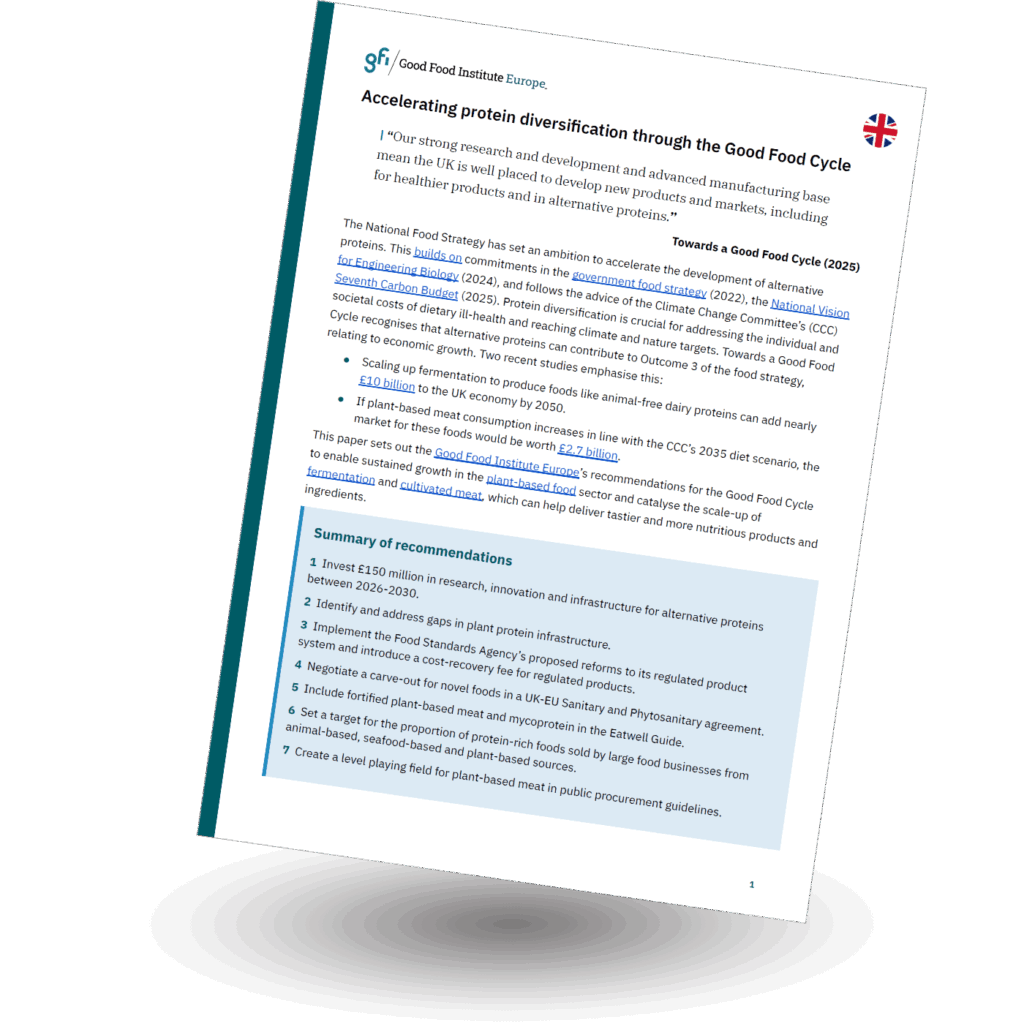
Accelerating protein diversification in the UK through the Good Food Cycle
Here we set out GFI Europe’s recommendations for the Good Food Cycle to enable sustained growth in the plant-based food sector and catalyse the scale-up of fermentation and cultivated meat, which can help deliver tastier and more nutritious products and ingredients.
GFI Europe partners with FSA in cultivated meat regulatory sandbox
The Good Food Institute Europe (GFI Europe) is partnering with the UK’s Food Standards Agency (FSA) in its regulatory sandbox for cultivated meat.
The sandbox aims to boost the FSA’s scientific knowledge about cultivated meat, helping officials to make informed decisions about product safety and guide companies on how to effectively demonstrate that their products and processes are safe, in line with the UK’s novel foods regulatory framework.
“We are thrilled to be working closely with the FSA on this collaborative project, which sends a clear message that the UK government wants to capitalise on the strong investments made in British cultivated meat innovation and bring products to market in a way that upholds the UK’s gold standard safety regulations.”
Linus Pardoe, Senior UK Policy Manager at GFI Europe
Spotlight on plant-based foods in the United Kingdom

Over the last decade, plant-based foods have become an established part of how millions of people eat and drink.
Our latest analysis finds that more than 30% of UK households bought plant-based milk or meat at least once in 2024. What’s more, around 40% of UK adults intend to eat more plant-based foods, but they want to see more tasty, affordable and healthy options on food menus and in shops. Read more in our research with Plant Futures and HarrisX.

Our UK expert
Linus Pardoe leads GFI Europe’s work in the UK, supporting policymakers to optimise the policy and regulatory landscape so that the UK becomes a world-leader in alternative proteins. He has a background in social policy and research.

